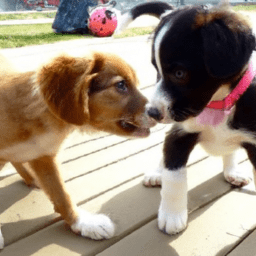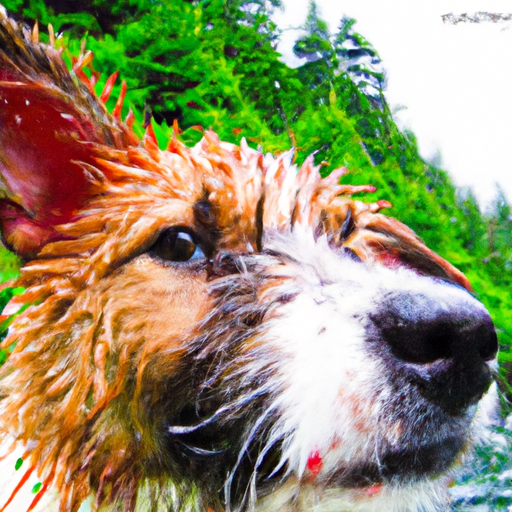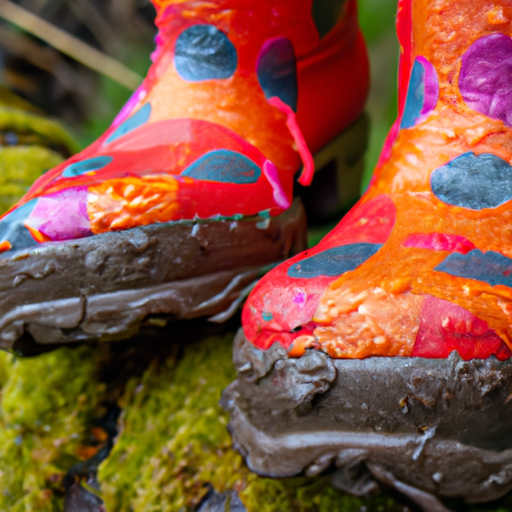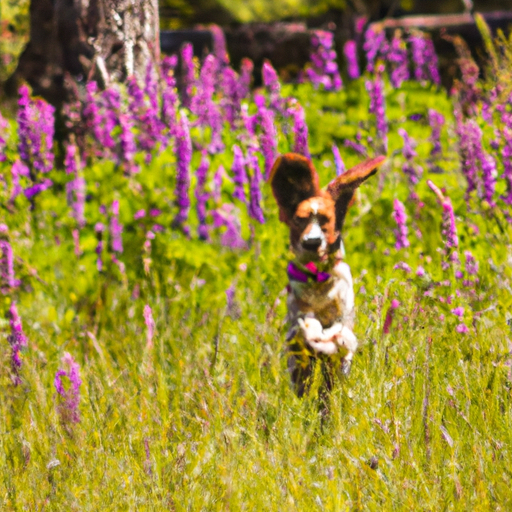So you've recently welcomed a new furry friend into your life, and now you're wondering how to best ensure they grow up to be a well-adjusted, socially adept canine companion. The importance of socialization cannot be emphasized enough, as it plays a crucial role in shaping your puppy's behavior and overall temperament. But what's the most effective way to continue socializing your puppy with other dogs? In this article, we'll explore some practical tips and strategies to help you navigate this vital aspect of your pup's development. From puppy playdates to obedience classes, we'll cover it all, so let's jump right in!
Socializing a Puppy with Other Dogs
Importance of Socialization
Socializing your puppy with other dogs is an essential part of their upbringing. It helps them develop good behavior and communication skills, as well as build confidence and reduce fear or anxiety. By exposing your puppy to different dogs, you are allowing them to learn how to interact and get along with their canine counterparts. This sets a solid foundation for a lifetime of healthy socialization.
Understanding Your Puppy's Needs
Before diving into socializing your puppy with other dogs, it's crucial to understand their specific needs. Puppies go through various developmental stages, and they may have different sensitivities or fears during each phase. By knowing what to expect, you can tailor your socialization efforts to cater to their individual needs. Additionally, recognizing the signs of stress or discomfort in your puppy will help you adjust the intensity and duration of the socialization sessions accordingly.
Gradual Exposure to Other Dogs
When introducing your puppy to other dogs, it's best to start with gradual exposure. Begin by allowing your puppy to interact with one or two friendly and calm dogs in a controlled environment. This could be a fenced backyard, a quiet park, or a friend's home with well-behaved dogs. Keep the initial interactions short and positive, gradually increasing the duration as your puppy becomes more comfortable. This method helps prevent overwhelming or negative experiences, allowing your puppy to build confidence at their own pace.
Choosing Safe Locations
Selecting safe locations for socializing your puppy with other dogs is crucial for their well-being. Opt for places that are clean, well-maintained, and have secure fencing if outdoors. Dog parks can be a great option once your puppy becomes more familiar with other dogs and their behavior. However, it's important to be cautious and avoid overcrowded or chaotic parks, as they may lead to negative experiences. Consider talking to local dog owners or trainers to identify the best locations for puppy socialization in your area.
Using Positive Reinforcement
Positive reinforcement is a highly effective approach when socializing your puppy with other dogs. Rewarding your puppy with treats, praise, and toys for calm and friendly behavior encourages them to associate positive experiences with interactions with other dogs. This helps create a positive emotional state and fosters a desire to engage with other canines. By using positive reinforcement, you can reinforce good behavior and gradually shape your puppy's social skills.
Ensuring Proper Playtime
Playtime is a vital aspect of socialization and helps puppies learn appropriate behavior and communication with their peers. While they engage in play, dogs use body language and vocalizations to communicate and set boundaries. Supervising your puppy's playtime with other dogs is essential to ensure that the interactions remain safe and positive. Be attentive and intervene if play escalates to rough behavior or any signs of stress. Balancing playtime with rest and relaxation is important to prevent overtiredness or overstimulation.
Supervised Interactions with Other Dogs
When socializing your puppy, it is crucial to supervise their interactions with other dogs. This allows you to intervene if any negative behavior or aggression arises. Pay close attention to the body language of both dogs, such as stiffening, raised hackles, growling, or snapping. If you notice any signs of tension or discomfort, calmly separate the dogs and assess the situation. By closely monitoring their interactions, you can ensure that your puppy engages in positive, controlled, and safe socialization experiences.
Introducing Different Breeds and Sizes
To provide your puppy with a well-rounded socialization experience, it's important to expose them to dogs of various breeds and sizes. This introduces them to different play styles, body language, and energy levels. Arrange playdates with other dog owners or attend socialization classes where you can expose your puppy to a diverse range of canines. By exposing your puppy to different breeds and sizes, you help them become comfortable and adaptable in different social situations.
Behavioral Signs to Watch for
While socializing your puppy with other dogs, it's important to be aware of behavioral signs that may indicate stress or discomfort. These signs can include panting excessively, trembling, trying to hide, avoiding eye contact, or cowering. In some cases, your puppy may become aggressive as a response to fear or anxiety. If you notice any of these signs, it's crucial to calmly remove your puppy from the situation and provide them with a safe and quiet space. This allows them to decompress and avoid any negative associations with socialization.
Seeking Professional Help if Necessary
If your puppy consistently displays fearful or aggressive behavior during socialization efforts, it's important to seek professional help. A qualified dog trainer or behaviorist can assess the situation and provide guidance tailored to your puppy's specific needs. They can help you understand the underlying causes of your puppy's behavior and create a customized socialization plan. Professional assistance ensures that you are providing the best possible support for your puppy's social development and overall well-being.
Socializing your puppy with other dogs is a long-term commitment that requires patience, consistency, and understanding. It's essential to prioritize your puppy's needs and make socialization a positive and enriching experience. By following the outlined steps, using positive reinforcement, and seeking guidance from professionals when needed, you can ensure that your puppy becomes a well-socialized and happy canine companion. Remember, a well-socialized puppy grows into a well-behaved and confident adult dog, ready to embrace the world with a wagging tail.






